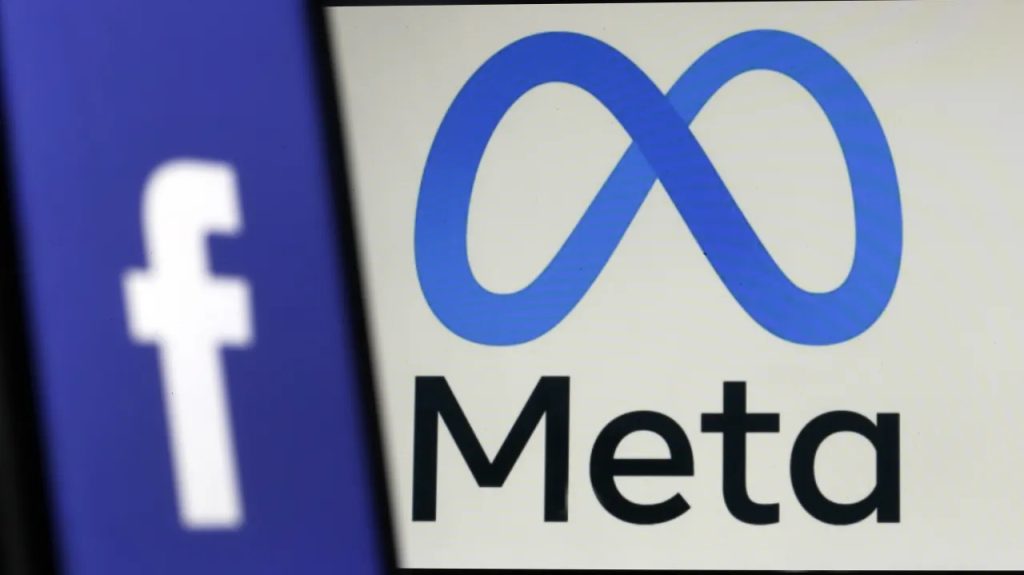In a landmark decision, a Kenyan court has ruled that Meta, the parent company of Facebook, can be sued within the country, setting the stage for a significant legal battle.
This case stems from complaints by over 180 content moderators who were contracted to work for Facebook through a third-party company, Sama, in Nairobi. These moderators were responsible for filtering violent and hateful content on the platform.
The moderators allege they were unfairly laid off in retaliation for raising concerns about poor working conditions, irregular pay, and the lack of adequate mental health support, as their work exposed them to disturbing content. South African Daniel Motaung, one of the key figures in the lawsuit, claims he was dismissed for attempting to unionize the workers.
Meta argued that as a foreign company without direct operations in Kenya, it should not be subject to Kenyan law. However, the Kenyan Court of Appeal rejected this argument, affirming that Meta’s business activities in the country—including revenue generated from Kenyan users—justified the case being heard locally.
This ruling has drawn attention, as it could set a precedent for how global tech giants are held accountable in countries where they operate digitally but lack a physical presence.
In a related case, Meta faces accusations of allowing hate speech on Facebook during Ethiopia’s Tigray conflict, showing the increasing scrutiny of the platform’s operations across Africa.
This court ruling is seen as a significant move towards ensuring that global tech companies are held responsible for their actions in all countries where they operate, not just where they are headquartered.
The case continues to unfold, and Meta still has the option to appeal the decision to Kenya’s Supreme Court.




















